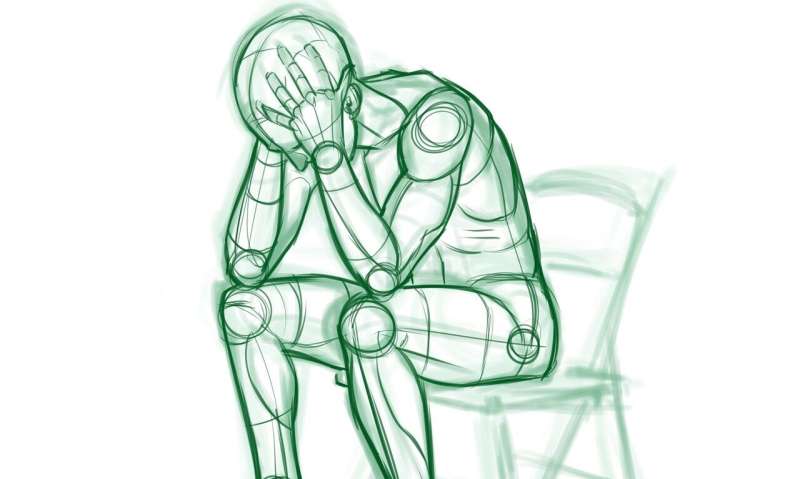Novel study predicts depression and PTSD risk after trauma

Patients physically recovering from traumatic injury are at risk for experiencing psychological distress, particularly depression and post-traumatic stress disorder (PTSD). Early identification of depression and PTSD risk while under the care of the trauma service is essential to supporting the comprehensive recovery of injured patients.
Predictive screeners provide one effective way to identify those injured patients at the highest risk for the future emergence of post-injury depression or PTSD. By identifying those patients at highest risk of developing significant depression or PTSD after a traumatic injury, follow-up services and resources can be targeted to these patients.
Now, a first-of-its-kind study from the University of Pennsylvania School of Nursing (Penn Nursing) and the Penn Injury Science Center has assessed the performance of two predictive screeners to determine their performance in a population heavily impacted by traumatic injury—urban Black men in the United States.
By using the Penn Richmond Screener and the Posttraumatic Adjustment Scale (PAS)—both developed with different methods and in different countries—researchers have validated the performance of both screeners in predicting the future emergence of depression and/or PTSD. These findings may indicate that risk markers for adverse psychological consequences of traumatic injury share some core similarities across populations and countries.
"The results provide additional support for our ability to identify, during the course of acute trauma care, those patients at highest risk for poor mental health outcomes. This allows trauma programs to target those patients most likely to benefit from follow-up assessments for the emergence of these disorders and to target potentially limited resources appropriately," says Therese S. Richmond, Ph.D., RN, FAAN, Andrea B. Laporte Professor of Nursing and Associate Dean for Research & Innovation at Penn Nursing, and lead investigator of the study.
The results of the study have been published in the journal Injury.
More information: Trina Kumodzi et al, Comparison of two screeners predicting the future development of depression and posttraumatic stress disorder in Black men after serious injury, Injury (2022). DOI: 10.1016/j.injury.2022.01.016


















